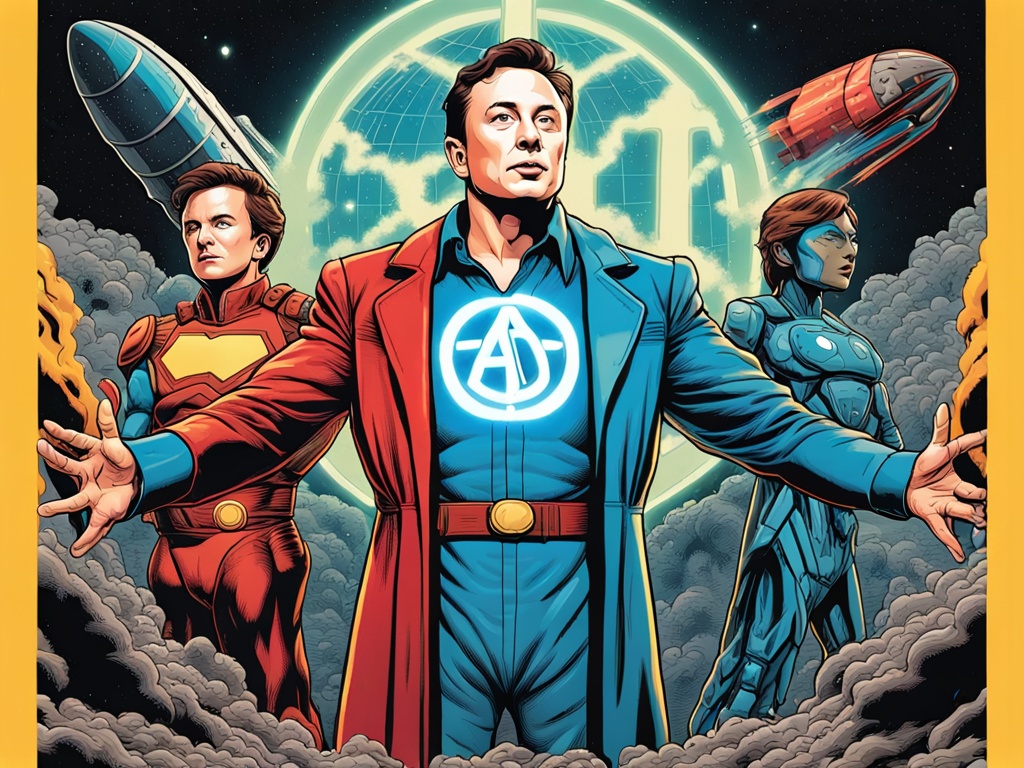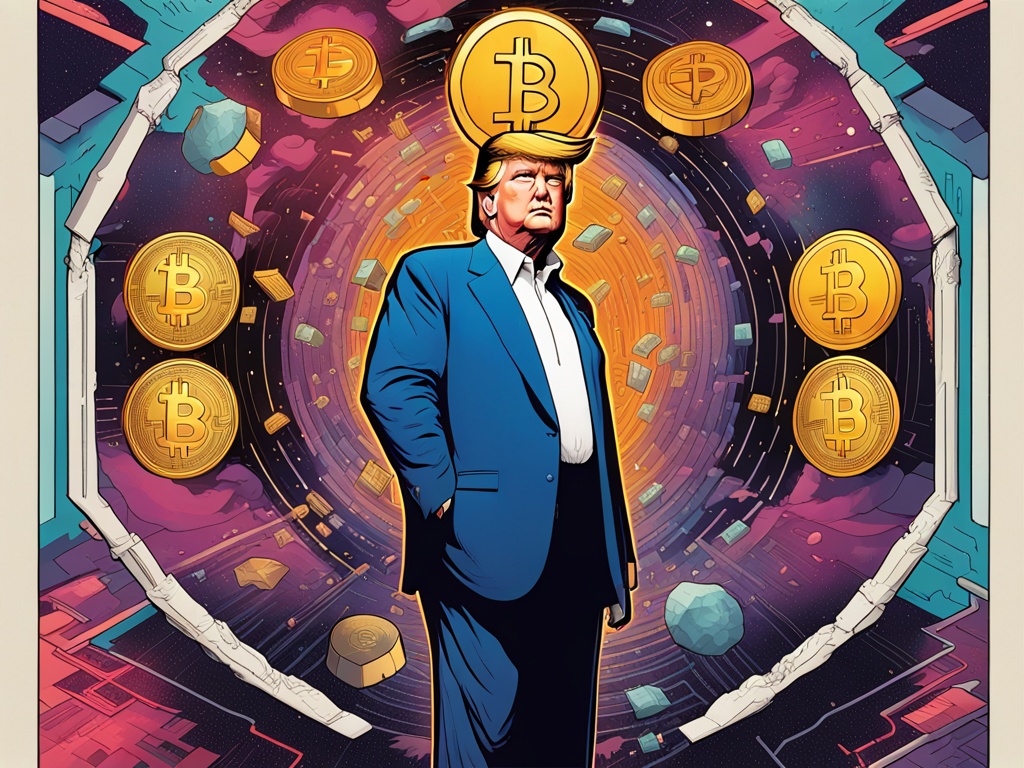Elon Musk Engages with Germany’s Far-Right Political Party
Elon Musk utilized his platform X to shine a spotlight on Germany’s far-right political group, Alternative for Germany (AfD). He hosted a live dialogue with the party’s leader, Alice Weidel, who is also a candidate for chancellor, as the nation approaches its general elections scheduled for February 23.
Strong Encouragement for Voting AfD 🌟
During the intense conversation, Musk expressed his endorsement for AfD, stating, “I’m really strongly recommending that people vote for AfD.” This endorsement came about thirty minutes into their discussion. Musk holds prominent positions as the CEO of Tesla and SpaceX, in addition to his responsibilities at X.
AfD’s Controversial Political Stance 🔍
The AfD has faced scrutiny, being categorized as a “suspected extremist group” by Germany’s internal intelligence agencies. The party’s agenda includes:
- Strict asylum regulations and mass deportations
- Reducing welfare benefits and social support
- Removing limitations on gas and diesel vehicles
Concerns from European Officials 🤔
Thierry Breton, a former EU commissioner for the internal market, voiced concerns regarding Musk’s live discussion with Weidel. In a January 4 post on X, he highlighted the significant boost such a platform could provide AfD and Weidel over competing parties during an election period, particularly within the context of maintaining democratic integrity in Europe.
Public Sentiment Towards AfD 📊
Public opinion surveys indicate that the AfD has garnered roughly 20% of support among voters. Despite this backing, the party is unlikely to participate in any coalition government since most other political factions have pledged to avoid collaborating with it.
Musk’s Ongoing Relationship with AfD ⚡
Previously, the AfD had protested against the establishment of Tesla’s manufacturing facility near Berlin, mainly arguing that it would offer employment opportunities to those lacking German citizenship. Musk’s previous praises for the party, including social media endorsements and a published editorial in a German outlet, have triggered backlash from European political figures.
International Political Leaders React ❗
Leaders from several countries, including France, Germany, Spain, Norway, and the U.K., have criticized Musk’s influence in their political landscapes. They have cautioned him against interjecting in their electoral processes, as reported in earlier communications.
Musk’s Support for Global Political Figures 🌎
Musk openly backed Donald Trump during the latter’s campaign and organized a live-streamed session promoting Trump’s agenda. Additionally, he previously engaged in discussions with Florida Governor Ron DeSantis, who later lost to Trump during the Republican primaries.
Ukraine Conflict Discussion 🕊️
During the conversation with Weidel, the topic shifted to President Trump’s potential role in resolving the ongoing conflict between Russia and Ukraine. Musk emphasized that while he wishes for a resolution, the ultimate responsibility rests with Trump as the commander-in-chief.
Comments on Gaza Situation 🌍
Furthering the conversation, Musk offered his perspective on the ongoing situation in Gaza, which has recently faced heavy assaults from Israel due to prior aggressive actions from Hamas. Musk articulated that immediate action is essential against any entities wishing to threaten Israel’s existence. Following that, he suggested investing in educational reforms to shift the narrative taught to Palestinian youth and ultimately creating prosperous conditions for the Palestinian territories.
Disinformation and Party Recognition 💬
The discussion was rife with misrepresented facts, leading Musk to prompt Weidel to address the prevailing concerns regarding AfD’s reputation as a far-right organization. Some leaders and followers within AfD have tried to mitigate or deny the disturbing realities linked to the Nazi era, while the party continues to promote anti-immigrant rhetoric and ethno-nationalist perspectives.
Weidel’s Controversial Historical Claims ⚖️
When confronted by Musk about the AfD’s public image, Weidel controversially described Adolf Hitler as a “communist,” suggesting that he did not align with right-wing or conservative ideologies. Musk appeared to agree with her assertion, demonstrating an alignment in their viewpoints during the discussion.
In a political climate defined by suspicion and controversy, this year’s events reveal the complexities surrounding Musk’s engagement with European politics and the implications of his endorsements.





 By
By
 By
By
 By
By

 By
By
 By
By